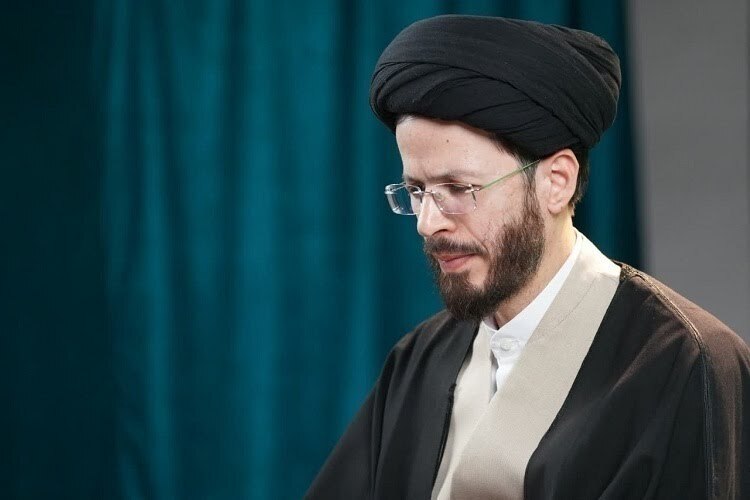Scholar Urges Greater Use of Islamic Philosophy in Global Interfaith Dialogue

Doai, a seminary and university professor, told IQNA that serious participation in global and interreligious discussions “cannot be achieved without drawing on philosophy and a philosophical approach.”
He said Islamic philosophy, with its emphasis on both reason and spirituality, is well positioned to address contemporary intellectual challenges.
He described today’s global environment as one in which societies have “tasted the bitter experience of chasing false rationalities and false spiritualities,” leaving many people in what he called “spiritual and epistemic dead ends.”
In this context, he said, the Islamic philosophical tradition offers “an important strength and a completely exceptional opportunity.”
“By strengthening the presence of Islamic philosophy in international interactions, we can have new and attractive words for the nihilistic, relativistic, atheistic, and even Satanist human of the West and East,” he said.
This, he added, can help expand Islamic theological thought worldwide.
Read More:
Doai expressed regret that Islamic philosophy still does not have the “deserved and necessary share” in international and interfaith exchanges.
He argued that Islamic philosophy can elevate dialogue beyond theology and into broader fields such as epistemology, ontology, anthropology, sociology, and value theory—areas where he believes deeper engagement is both possible and needed.
Discussing challenges in dialogue with East Asian traditions, Doai said religions such as Hinduism, Buddhism, Taoism, Confucianism, and Shinto differ fundamentally from Islam in concepts of God, the afterlife, and the purpose of human existence.
He noted their emphasis on karma and reincarnation instead of resurrection, and their focus on harmony rather than divine unity and servitude. Even so, he said points of contact exist. Mystical experience and ideas related to the unity of existence appear in both traditions and can form a starting point.
Read More:
“In dialogue with Eastern religions, one must rely on the experiential sense of truth, not its theological definition,” he said, adding that shared attention to ethics and the consequences of human actions can also support meaningful exchanges.
Doai called for activating unused capacities of Islamic philosophy by adopting reason and human nature as universal languages.
He said this approach can reduce “blind fundamentalism and ignorant prejudice” and encourage peaceful coexistence. He also highlighted universal values such as justice, honesty, and compassion as common ground.
He recommended promoting mystical dimensions of Islamic philosophy, supporting comparative-philosophy programs, improving translations, simplifying complex concepts for the public, and strengthening academic partnerships.
Doai noted that revitalizing the rational and scriptural heritage of Islam could deepen global understanding and support broader engagement between traditions.
4317514



